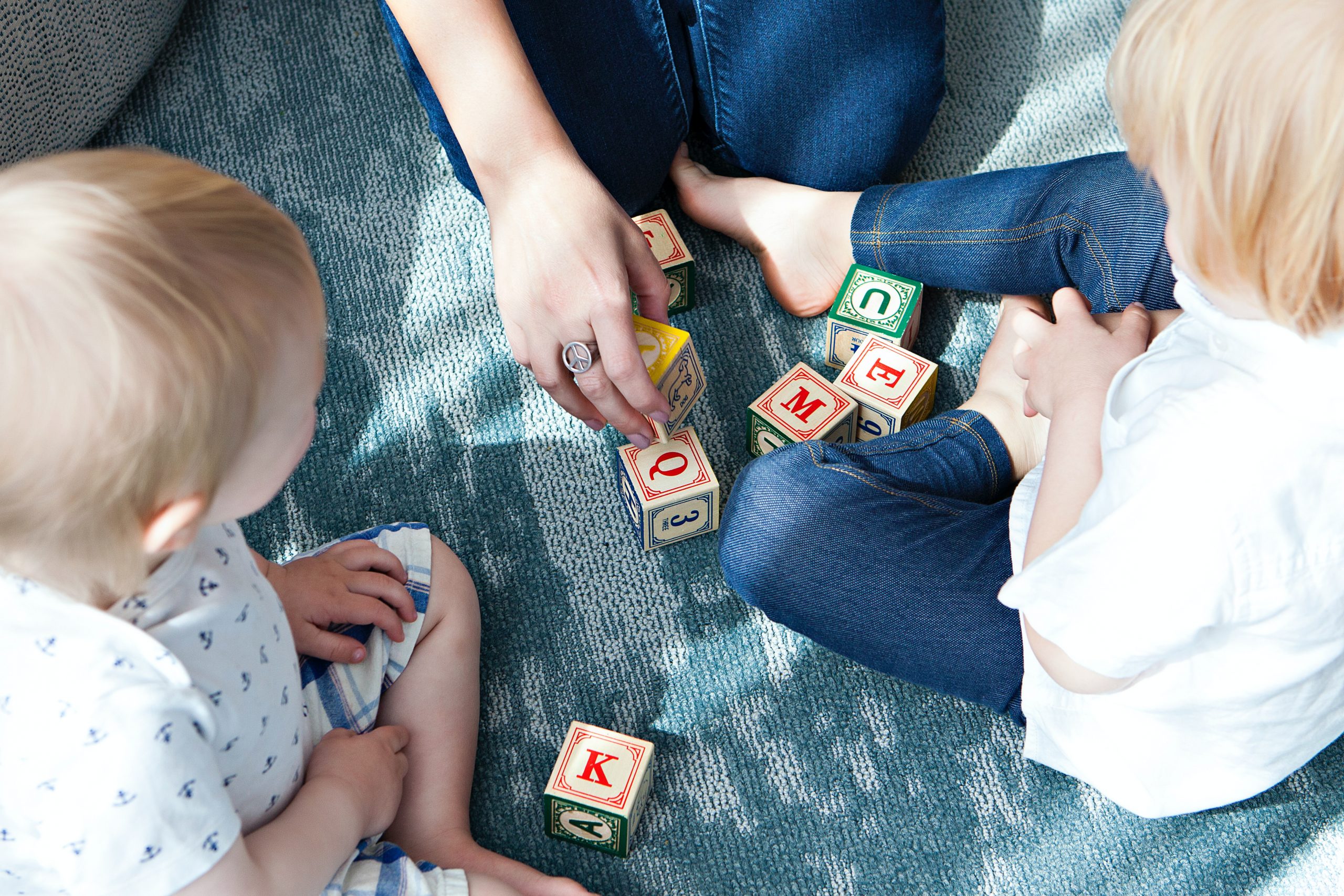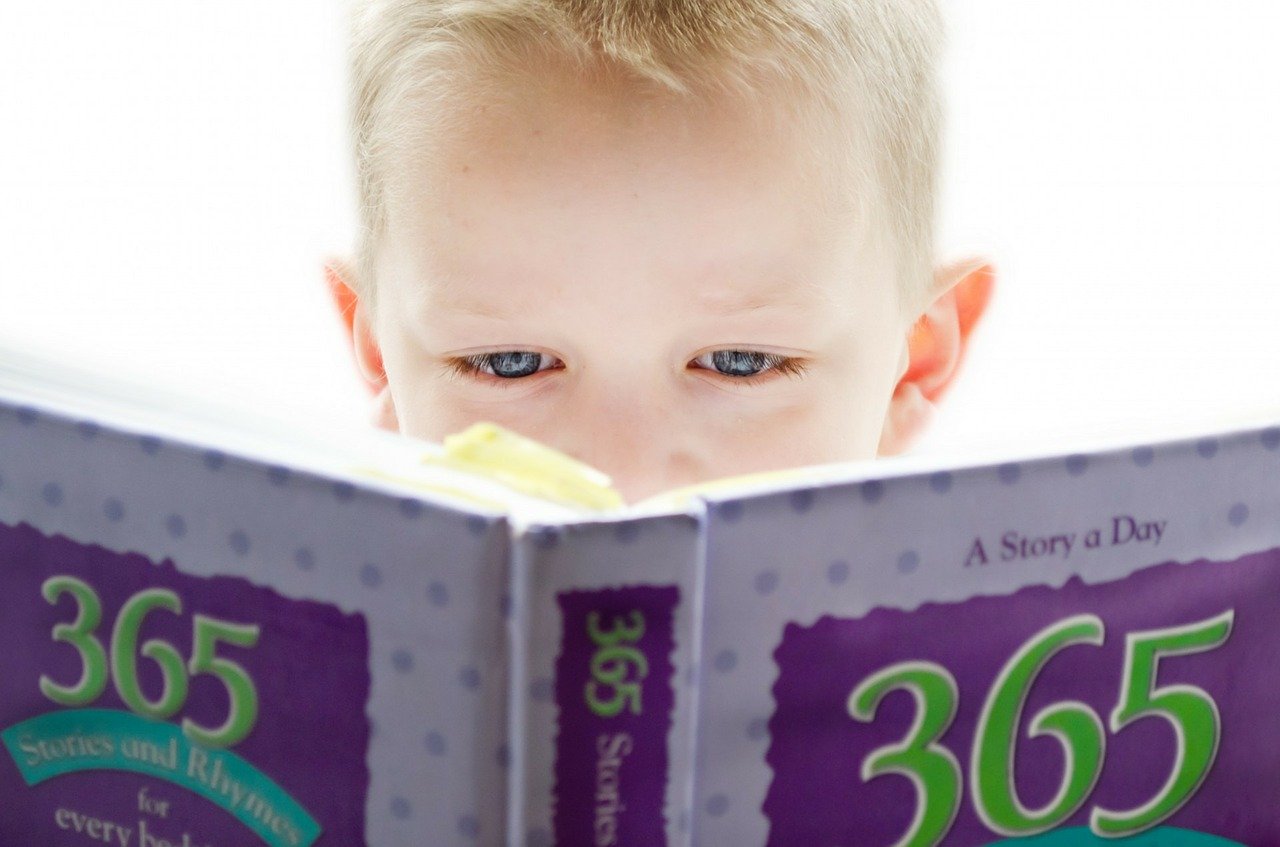Dyslexia Testing in Simi Valley, Ca
Helping you and your child move forward with dignity Get Started NowWatching your child struggle to read can feel overwhelming.
You see how bright your child is, but something just is not connecting when it comes to reading. You may find your child is starting to avoid anything that involves reading. When your child is reading, you may notice that he/she guesses at words, often incorrectly.
It can be difficult to watch how hard your child is trying, only to feel discouraged with wrong answers and confusion. These struggles in reading affect your child’s performance in nearly every subject. With so much difficulty understanding the questions being asked, the answers are often just guesses.
Perhaps you’ve tried working with your child even harder to help him/her catch up. Unfortunately, this doesn’t seem to help. Instead, reading just leads to groaning, tears, and frustration.
Eventually, your child starts to feel like there must be something wrong with them. “Why is this so easy for everyone else?” they may ask. You may start seeing your child give up when it comes to school, feeling it is too difficult to even try. It can be heartbreaking to watch your child struggle like this.
You know something just isn’t working for your child. You want so badly to help, but just don’t know how. Having your child assessed for a learning disorder, such as Dyslexia can give you the answers you are looking for.
What is Dyslexia?
A Specific Learning Disorder in Reading, otherwise known as Dyslexia, is a learning disorder that affects a child’s ability to read, spell, and write. Dyslexia affects a child’s ability to connect sounds to letters (e.g. “duh” for D) and to blend sounds together. For children with Dyslexia, reading can be effortful and slow. It can be hard to decipher the words they are reading and difficult to comprehend the meaning.
They may have trouble decoding words, mix up letters and sounds, and have trouble with spelling and writing. As a result, children with Dyslexia read well below the expected grade level. Reading skills are found to be noticeably below their skills in other areas.
Dyslexia is genetically based
Because of this, typical ways of teaching to read do not tend to work, and instead children with Dyslexia often benefit from specialized strategies to learn to read.
Who is the right fit for Dyslexia Testing?
Usually reading aloud will result in frequent mistakes. Even once words are deciphered, there can be difficulty with comprehension of what was read. Children with Dyslexia often experience similar struggles with spelling and writing as well.
If your child constantly struggles with reading, writing, and/or spelling, and displays the symptoms mentioned here, neuropsychological testing for Dyslexia and other learning disorders may be warranted.
Take a look at what Dyslexia Testing in Simi Valley, Ca entails.
At Simi Psychological Group, neuropsychological testing for Dyslexia and other learning disorders consists of several components:
Step 1: Clinical Interviews and Questionnaires
Another part of this step is contacting your child’s teacher (with your permission) to obtain a better picture of what is occurring at school. Through questionnaires and/or an interview, a description of your child’s difficulties at school, as well as their strengths, can effectively be obtained.
Step 2: Cognitive Assessment
Usually, a simple IQ score is not the most representative piece of information obtained on the cognitive assessment. Instead, it involves information about several areas of intelligence including verbal skills, visual-spatial skills (e.g. puzzles, patterns, etc.), reasoning ability, short-term memory, and efficient processing of information. By looking at these different areas, we can start to get a more complete picture of your child’s strengths and weaknesses.
Step 2: Cognitive Assessment
Usually, a simple IQ score is not the most representative piece of information obtained on the cognitive assessment. Instead, it involves information about several areas of intelligence including verbal skills, visual-spatial skills (e.g. puzzles, patterns, etc.), reasoning ability, short-term memory, and efficient processing of information. By looking at these different areas, we can start to get a more complete picture of your child’s strengths and weaknesses.

Step 3: Academic Testing
Children with Dyslexia display reading scores that are significantly below their performance on cognitive tasks. Assessing specific areas of reading difficulties can be informative in creating a plan going forward. Additionally, an educational evaluation provides a clearer picture of your child’s strengths/weaknesses in other areas and can screen for the presence of other potential learning disorders.
Step 4: Reading and Visual-spatial Assessments
Other tasks assess a child’s ability to visually scan pictures, numbers, and words and quickly name what they see. These processes are often impaired for children with Dyslexia.
Step 4: Reading and Visual-spatial Assessments
Other tasks assess a child’s ability to visually scan pictures, numbers, and words and quickly name what they see. These processes are often impaired for children with Dyslexia.

Step 5: Careful Interpretation of Results with Individually Tailored Recommendations
A child’s results on a psychoeducational evaluation can warrant a diagnosis such as Dyslexia, a different learning disorder, or sometimes a separate disorder such as ADHD. Oftentimes a child with these struggles has more than one diagnosis (e.g. ADHD and Dyslexia).
On some occasions
Recommendations are provided for both home and school based on your child’s results. You will receive a list of recommended interventions to help address their symptoms. Parents are connected with resources that can help their child and help them feel more confident managing their child’s symptoms.
It can be overwhelming to see your child struggling with reading. You know how hard you are all trying, but continue to feel little progress is being made. Seeking a psycho-educational evaluation for your child can be the first step in creating the changes you are hoping to make.
More About Simi Psychological Group
Dr. John Danial
Licensed Psychologist PSY 29170
Our practice works from a systems perspective.
Where and When Can I schedule Dyslexia Testing in Simi Valley, Ca
Our office is conveniently located at:
3695 Alamo St. Suite 103
Simi Valley, CA 93063.
We also serve Moorpark, Thousand Oaks, Agoura Hills, Northridge, Porter Ranch, and the surrounding communities.
Business hours and availability are dependent on the provider.
Your Next Steps
Dyslexia testing will help you and your child move forward with dignity and get the answers you need.
And they’ll also bring clarity to the questions you have had for so long. Ultimately, knowing the answers will provide you with a sense of peace that comes from finally having a plan. We can help.




